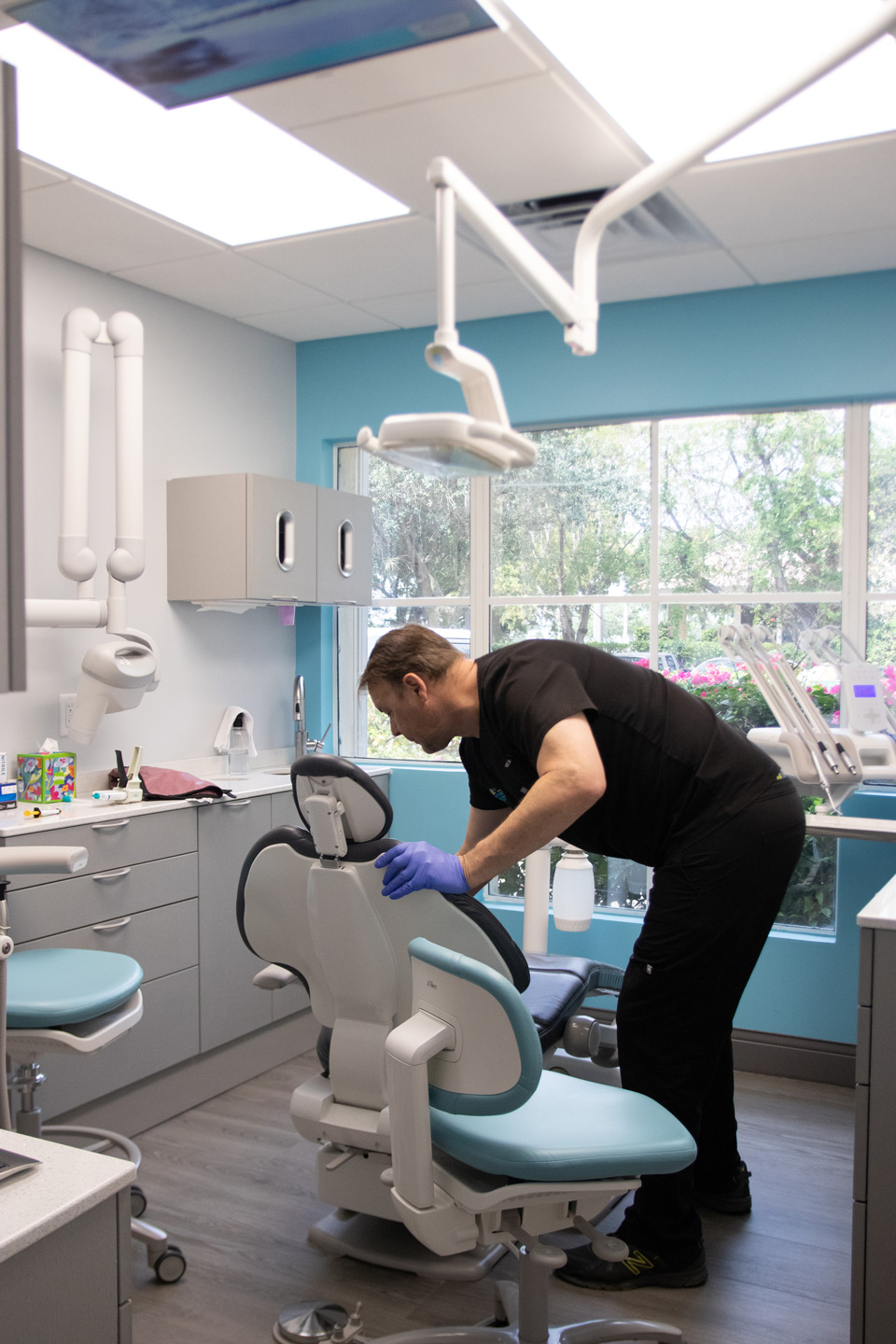Experience the Difference with Inexpensive Veneers for a Lovely Smile
Experience the Difference with Inexpensive Veneers for a Lovely Smile
Blog Article
Typical Questions About Oral Veneers Addressed
Dental veneers have come to be an increasingly in-demand alternative for those looking to improve their smiles, yet several people remain unsure about different facets of their use. As we discover these common queries, it comes to be crucial to think about not just the benefits however additionally the implications of choosing for oral veneers in pursuit of a more positive look.
What Are Dental Veneers?
Dental veneers are thin, personalized shells crafted from porcelain or composite resin that are created to cover the front surface area of teeth. These dental prosthetics offer both useful and visual purposes, offering a remedy for various dental flaws, including staining, chips, voids, and misalignment. By adhering to the teeth, veneers can substantially boost the total look of a smile, creating a more appealing and consistent look.
Porcelain veneers are specifically preferred for their natural translucency and tarnish resistance, making them a perfect option for people looking for lasting results. In comparison, composite material veneers are generally less costly and can be used in a solitary visit, but they may not use the very same durability as porcelain options.
The decision to go with oral veneers typically stems from a wish for visual renovation, but individuals should additionally consider aspects such as the long life of the product, upkeep demands, and the prospective requirement for tooth decrease (Low Cost Veneers). Inevitably, oral veneers stand for a reliable and flexible service for achieving a glowing smile, accommodating individual cosmetic demands while advertising confidence and self-confidence
Exactly How Are Veneers Applied?
The application procedure for veneers needs careful planning and accuracy to make certain ideal results. The procedure typically begins with a thorough consultation, where the dental professional assesses the patient's oral wellness, goes over desired results, and determines the ideal sort of veneers, whether porcelain or composite material.
Once the therapy strategy is established, the dentist prepares the teeth by getting rid of a slim layer of enamel, usually about 0.5 mm to 1 mm, to suit the veneer. This step is crucial as it makes certain an appropriate fit and avoids the veneers from appearing large - Dental Veneers. After preparation, impacts of the teeth are required to produce customized veneers that match the patient's special dental framework and aesthetic choices
While the irreversible veneers are being fabricated in an oral laboratory, short-lived veneers may be placed to secure the ready teeth. As soon as the permanent veneers are prepared, the dental expert will very carefully bond them to the teeth using a solid oral adhesive.
What Are the Benefits?

Furthermore, veneers are recognized for their resilience and resistance to tarnishing compared to natural teeth. Made from top notch products such as porcelain or composite resin, they can preserve their look for several years with proper care. This durability makes them a functional financial investment in one's dental appearance.
In enhancement to visual renovations, veneers can also add to enhanced dental health. By covering harmed or damaged teeth, they can provide additional support and security, assisting to stop more degeneration or deterioration. This protective element can lower the need for much more substantial oral treatments in the future.

The Length Of Time Do They Last?
With correct treatment and maintenance, dental veneers can last anywhere from 10 to 15 years, making them a durable solution for improving one's smile. The long life of veneers largely depends upon the product made use of, the quality of the preliminary positioning, and the patient's adherence to dental health practices.
Porcelain veneers are understood for their longevity and resistance to staining, usually lasting closer to the 15-year mark when looked after suitably. Compound veneers, while much more affordable, may need replacement quicker, commonly within 5 to one decade because of their susceptibility to wear and staining.

Additionally, using a mouthguard throughout sporting activities or nighttime can give extra protection. Ultimately, while veneers supply a considerable aesthetic enhancement, their longevity is dramatically affected by the dedication to appropriate dental treatment and normal assessments with an oral specialist.
Are There Any Type Of Threats?
Thinking about the transformative effects of dental veneers, it is very important to recognize the potential risks related to their application. While veneers can boost the look of teeth, the treatment entails the removal of a thin layer of enamel, which can enhance tooth sensitivity and vulnerability to decay.
One considerable threat is the opportunity of inappropriate positioning or other suitable, resulting in pain, bite imbalance, or also damages to the underlying tooth framework. Furthermore, if the veneers are not preserved appropriately, they can come to be blemished or damaged with time, demanding substitute.
People might likewise experience sensitive responses to the products utilized in the veneers, especially if they have sensitivities to specific dental composites. Furthermore, while veneers are sturdy, they blog here are not undestroyable; too much pressure from clinching or grinding can lead to fractures.
It is crucial for people to consult with a certified dental professional to evaluate their individual threats and to comply with aftercare directions diligently. By recognizing these dangers, clients can make informed choices regarding their oral veneer therapy and ensure the long life and success of their enhancements.
Conclusion
In recap, dental veneers represent an important cosmetic option for enhancing smiles, with factors to consider concerning their application, benefits, durability, and associated threats. Their efficiency is read affected by elements such as the selection of material, with porcelain offering superior longevity compared to composite choices. Proper treatment and maintenance are crucial to make the most of the life-span of veneers. Ultimately, educated decision-making regarding oral veneers can bring about sufficient aesthetic results and boosted dental health and wellness.
Dental veneers are slim, customized coverings crafted from porcelain or composite material that are designed to cover the front surface of teeth. After preparation, perceptions of the teeth are taken to develop custom veneers that match the patient's distinct oral framework and aesthetic preferences.
While the long-term veneers are being produced in an oral research laboratory, short-lived veneers may be placed to protect the prepared teeth. Once the long-term veneers are prepared, the dentist will carefully bond them to the teeth using a strong dental adhesive. Ultimately, informed decision-making concerning dental veneers can lead to adequate visual results and enhanced dental health.
Report this page